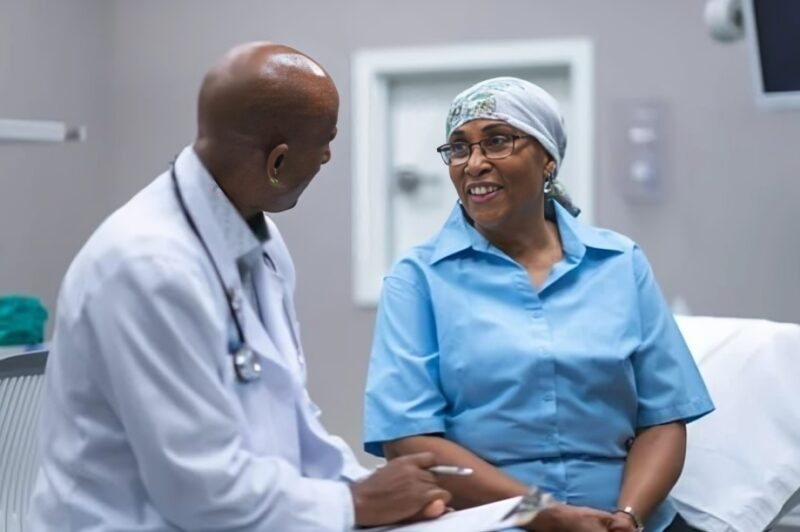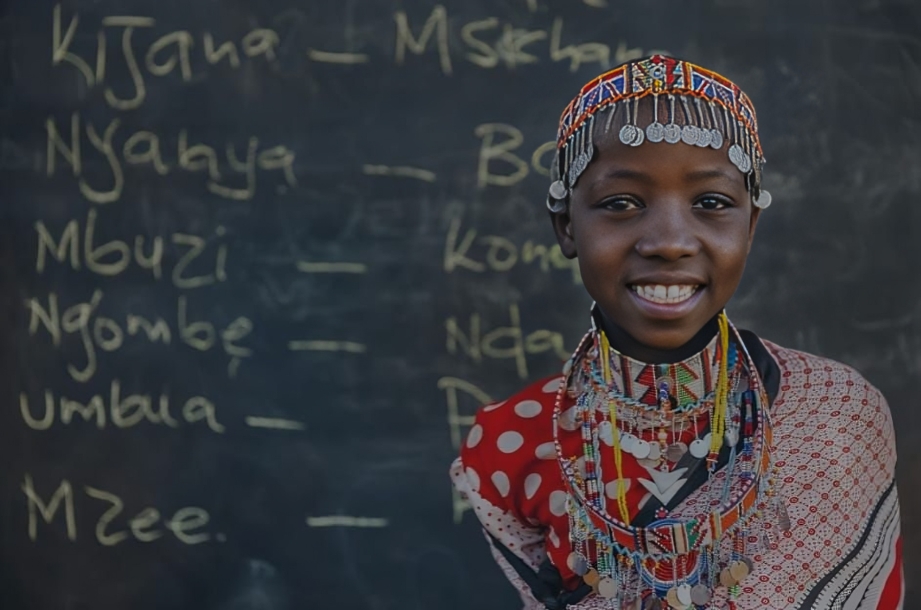Miriam Mutebi shared a post on LinkedIn:
”In many African cultures, the language used to describe cancer is deeply rooted in fear, misunderstanding, and stigma.
Words matter, especially in healthcare, where communication can shape perceptions of illness, and influence decisions about cancer treatment.
When cancer is referred to as a ‘wound with which we will be buried’—gomou robal (Wolof, Senegal) or Umdlavuzo in Zulu, meaning ‘the destroyer,’ it’s no surprise that patients may hesitate to seek care. These terms invoke fear, reinforcing the idea that cancer is an untreatable and devastating force.
A 2023 survey by the IARC – International Agency for Research on Cancer/World Health Organization, in collaboration with AORTIC Africa, examined the language of cancer across Africa. This initiative was led by AORTIC Research Committee member, Hannah Simba. The findings were both eye-opening and disheartening.
In many African languages, cancer is translated as something that cannot heal, such as ‘Neqersa’ in Amharic or ‘Bi Ngnoiri’ in Djerma, which means ‘a devouring wound.’ These terms make the disease seem hopeless and untreatable, creating barriers to seeking timely treatment and fostering a deep sense of fear.
Beyond the name of cancer itself, the language used by healthcare professionals during treatment can also have unintended consequences.
In some regions, terms like ‘poison’, ‘burning’ and ‘roasting’ are used to describe chemotherapy and radiation therapy, leading to confusion and reinforcing the notion of cancer treatment as a painful, destructive process.
While these terms may be technically descriptive, in a sense, they can instill fear and distrust in patients, pushing them further away from life-saving interventions.
The survey revealed that ‘only 31% of the oncology workforce expressed confidence in communicating cancer-related terms in local languages’. This statistic underscores the urgent need for a more nuanced, culturally sensitive approach to cancer communication. Developing more empathetic and accurate terminology can help demystify cancer and its treatments, empowering both patients and healthcare providers.
In Africa, the absence of many scientific terms in the approximately 2,000 languages spoken poses challenges in understanding medical terminology.
It’s time to reframe the language of cancer in Africa. By collaborating with anthropologists, linguists, healthcare workers, and traditional healers working in cancer treatment, we can create a new vocabulary—one that conveys hope, encourages treatment, and helps dismantle the fear surrounding cancer.
Through this shift in language, we can open doors to better communication, understanding, and ultimately, improved cancer care across the continent.”

Source: Miriam Mutebi/LinkedIn
Miriam Mutebi is a Breast Surgical Oncologist and Assistant Professor in the Department of Surgery at the Aga Khan University Hospital in Nairobi, Kenya. She is the President of the African Organization for Research and Training in Cancer (AORTIC), and past president for Kenya Society of Hematology and Oncology (KESHO) and on the Board of Directors of the Union for International Cancer Control (UICC). She is the co-founder of the Pan African Women’s Association of Surgeons and is part of the Kenya Association of Women Surgeons. She is an avid supporter for the education and support for women, especially in surgery and she aims to provide mentorship for women in surgery and to improve women’s health and surgical care in Africa. She is currently pursuing a pilot’s license in order to extend breast care services to marginalized areas.


